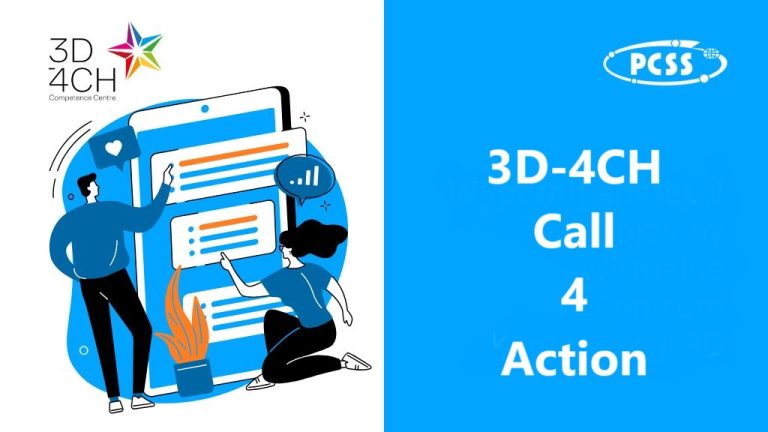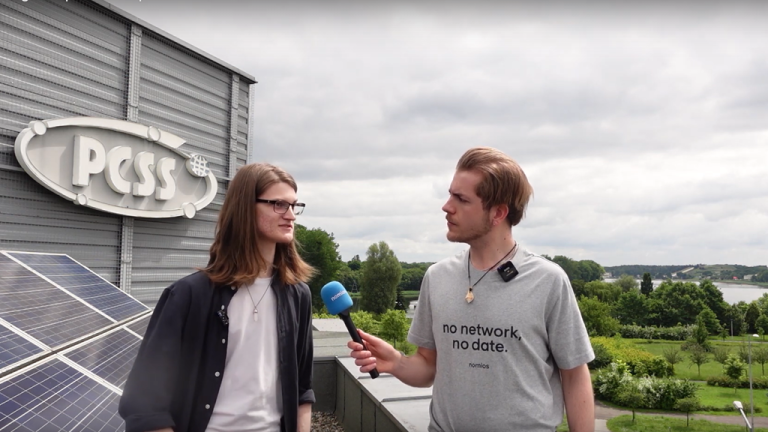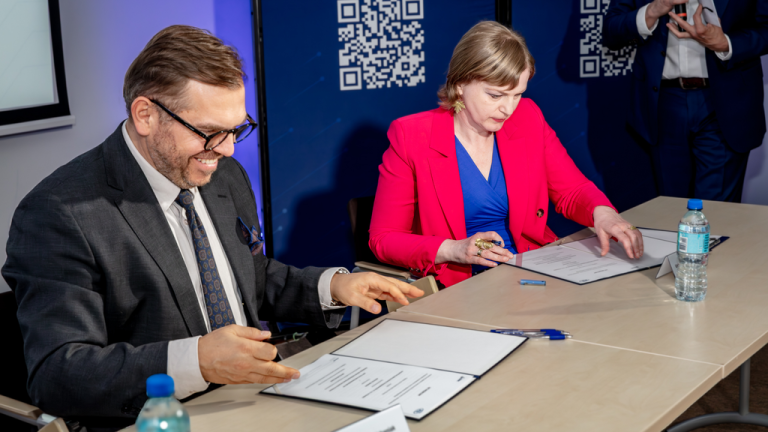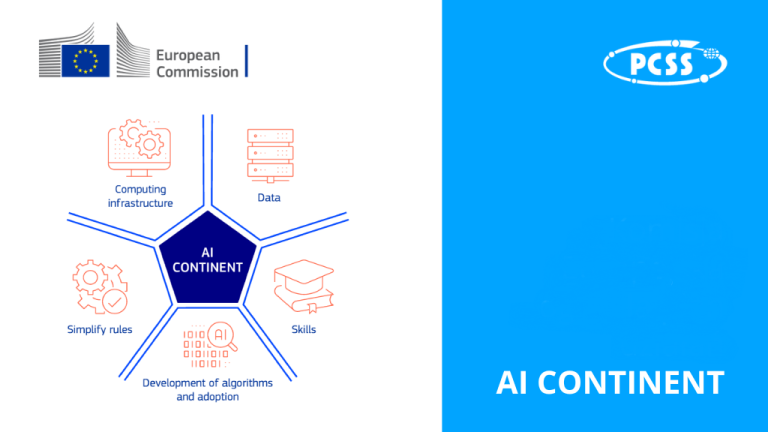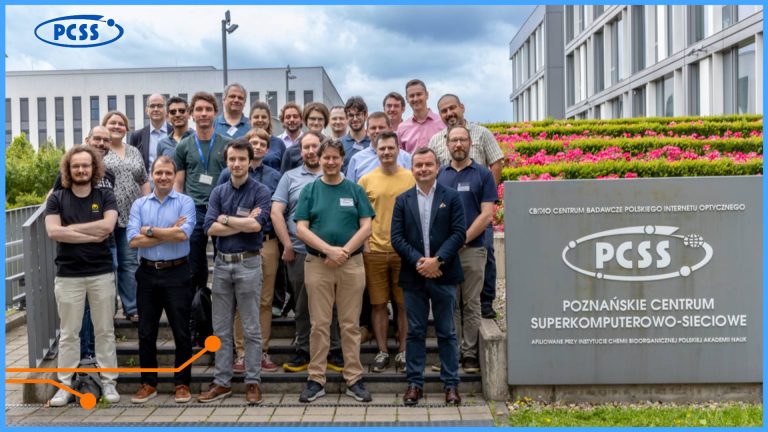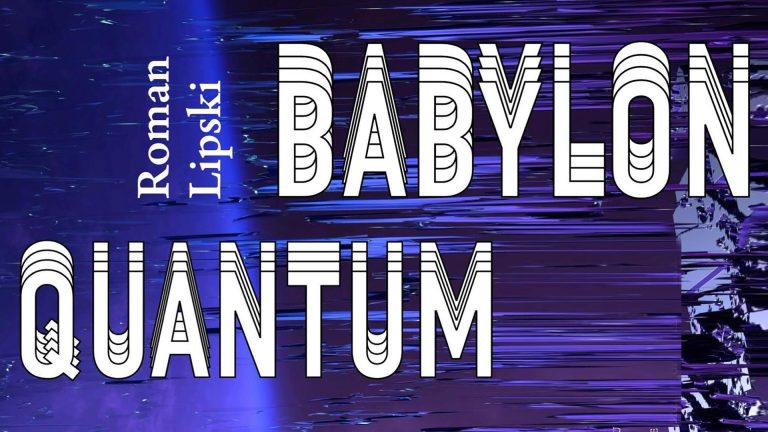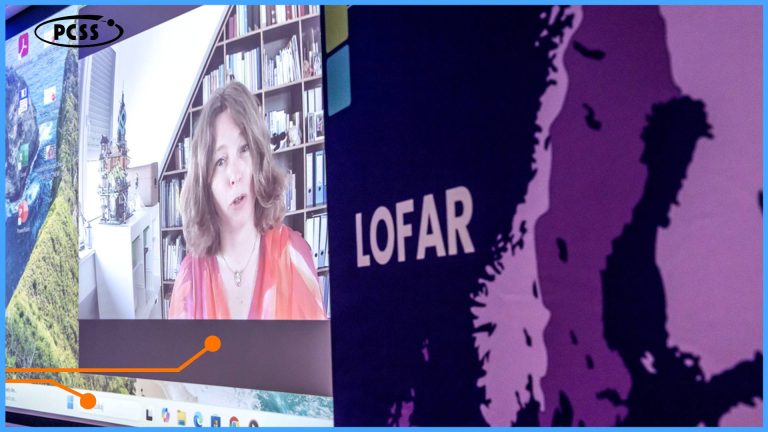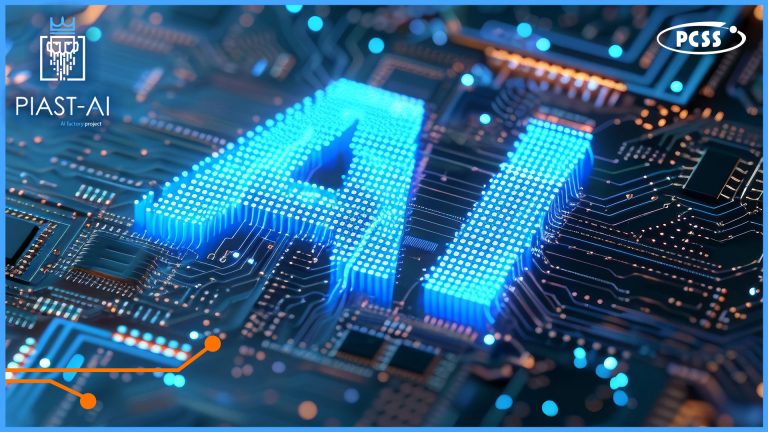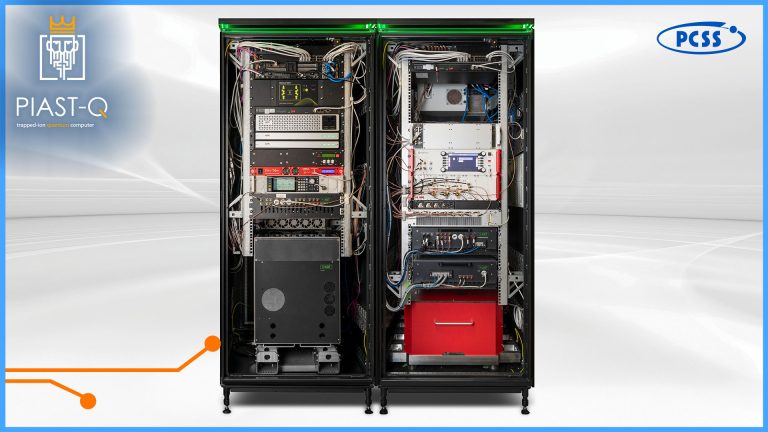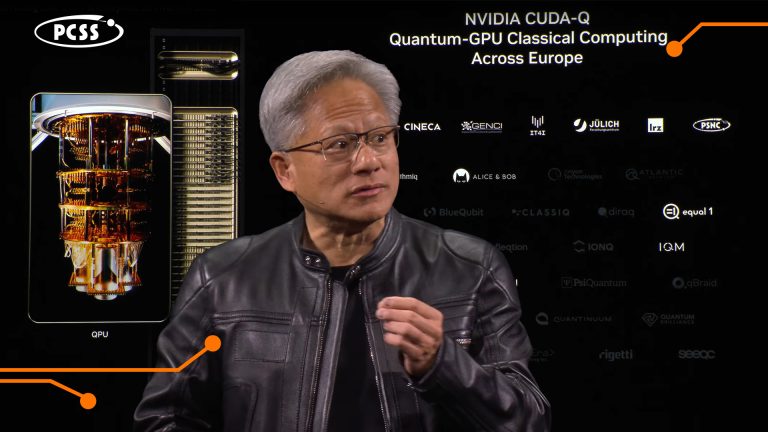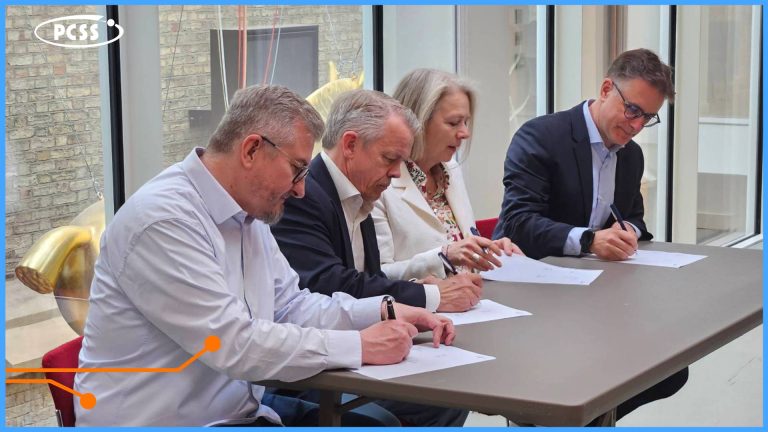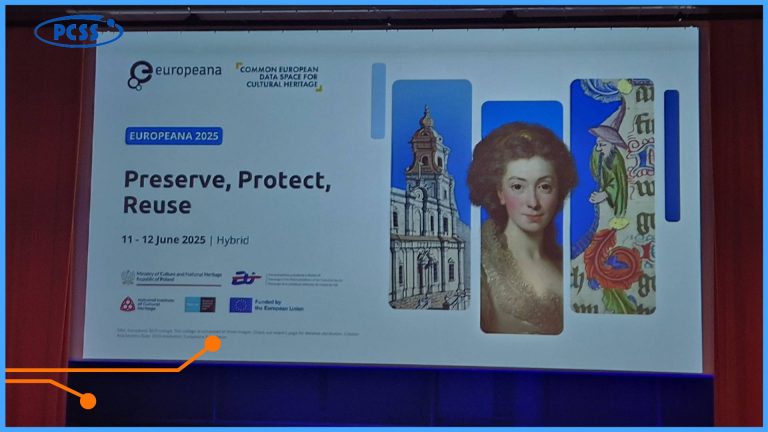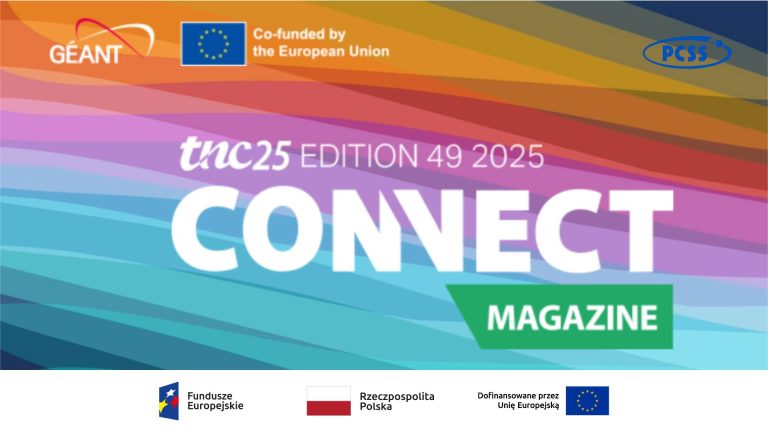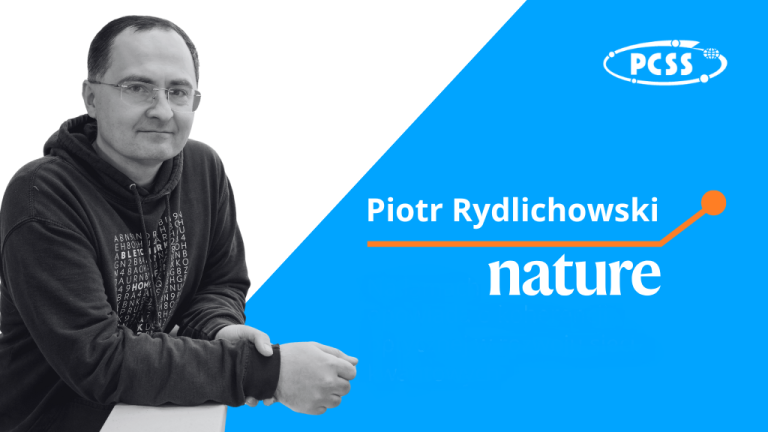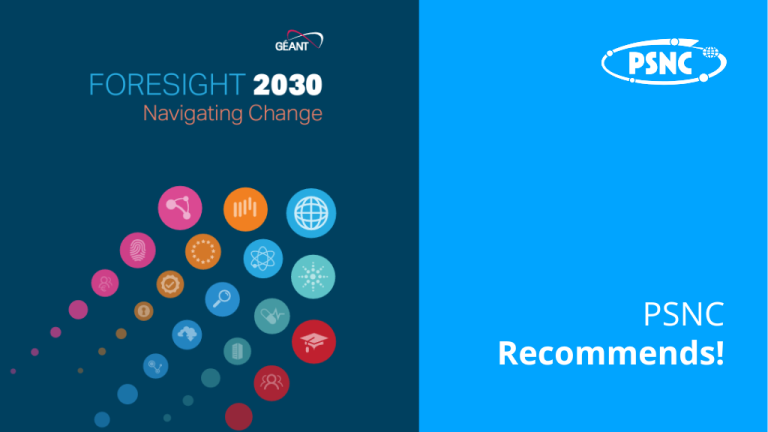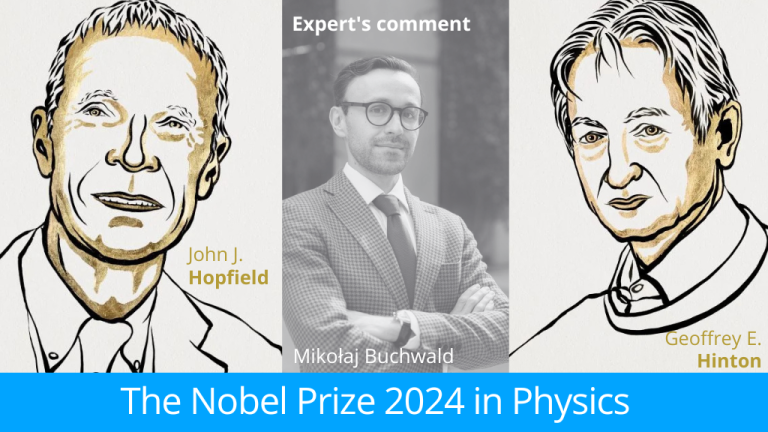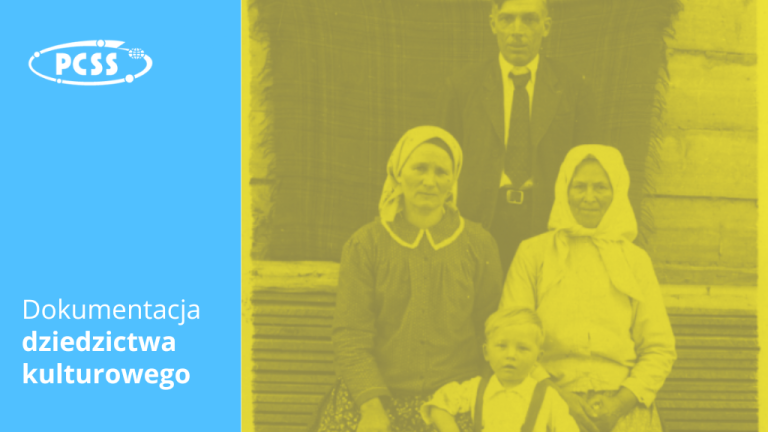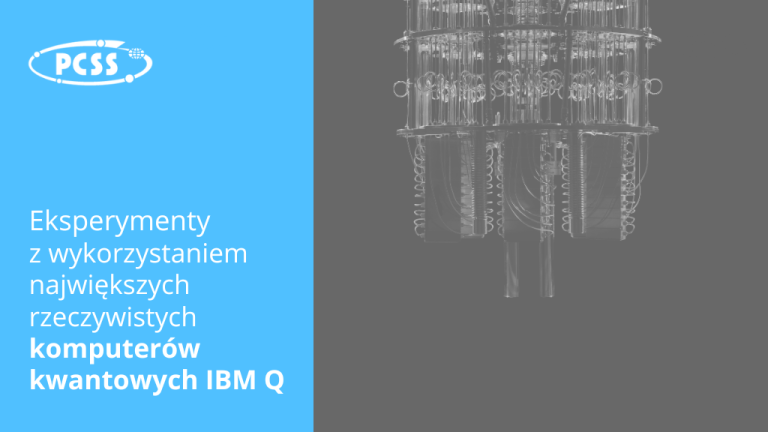For over 30 years, the Poznań Supercomputing and Networking Center has been providing access to world-class e-Infrastructure, thus creating a unique research and development environment working towards socio-economic Sustainable Development Goals (SDGs). The projects implemented in this area at PSNC include ILIAD and HIDALGO2.
The Principles of Sustainable Development were formulated in 2015 by the leaders of 193 United Nations member states in the document “Transforming our World: the 2030 Agenda for Sustainable Development.” It contains 17 UN Sustainable Development Goals, indicating the key challenges of our time in 5 areas: people, planet, prosperity, peace, and partnership. The Principles aim to support the construction of a better world for the benefit of all its inhabitants.
One initiative undertaken by PSNC in line with the Sustainable Development Goals (SDGs) is the project “Integrated Digital Framework for Comprehensive Maritime Data and Information Services” – ILIAD. The project’s objective is to create and demonstrate a digital twin for oceanic data, based on large amounts of data and economically efficient. The value of the oceanic data digital twin will be demonstrated in various applications, including wind energy, marine pollution monitoring, renewable ocean energy, ocean metadata, fisheries, monitoring and assessment of biodiversity, maritime transport and coastal security, and insurance. ILIAD will contribute to the implementation of the EU digital strategy and to achieving the goals set out in the United Nations Decade of Ocean Science for Sustainable Development.
PSNC is responsible for delivering semantic interoperability mechanisms, which will enable various systems in the relevant areas to provide and exchange data with precisely defined meaning, including the development of semantic information models and methods enabling the integration of heterogeneous data sets and the use of approaches based on linked data.
Climate change has long been an undeniable phenomenon observed in many places on Earth. It increasingly affects the quality of our lives, manifesting itself in sudden and often dramatic weather events. One of the key drivers influencing climate change is the dynamic development of societies, which has had an impact on the natural environment for decades.
The main goal of HiDALGO2 project, coordinated by PSNC, is to provide solutions in the area of Global Challenges that will enable better understanding and effective management of continuously or rapidly occurring phenomena, allowing social development to occur in synergy with the surrounding environment. Due to their complexity, highly scalable solutions are necessary, effectively using pre-exascale systems in current and future HPC and AI infrastructures, by achieving synergy between modeling, data acquisition, simulation, data analysis, and visualization.
HiDALGO2 project focuses on five environmental use cases: improving air quality in urban areas, energy efficiency of buildings, renewable energy sources, rapidly spreading fires, and transport of sediments and pollutants in the aquatic environment. The common feature of modeling the above simulations is the use of numerical analysis of fluid flow using the Computational Fluid Dynamics (CFD) method, which is a computationally demanding method.
HiDALGO2 places great emphasis on scalability issues, such as best software adaptation to the infrastructure (co-design) through the use of appropriate performance evaluation methodologies (benchmarking) and algorithmic optimization methods. This enables the efficient use of top-tier HPC systems for simulations of complex structures with much greater accuracy, unattainable in cloud-based computations. Uncertainty analysis is used to assess the quality of solutions through coupled simulations. Additionally, HiDALGO2 shares knowledge through organized specialized training and workshops, filling an existing skills gap, for the benefit of the user community within the European Union.
The first phase of the project was mainly dedicated to installing pilot applications on EuroHPC JU machines, integrating with the central CI/CD system offered by CASTIEL2, launching services within the HiDALGO2 architecture, and numerous dissemination activities.
Simulation scenarios developed in HiDALGO2:
- improving air quality in urban areas,
- energy efficiency of buildings
- renewable energy sources,
- rapidly spreading fires,
- transport of sediments and pollutants in the aquatic environment.
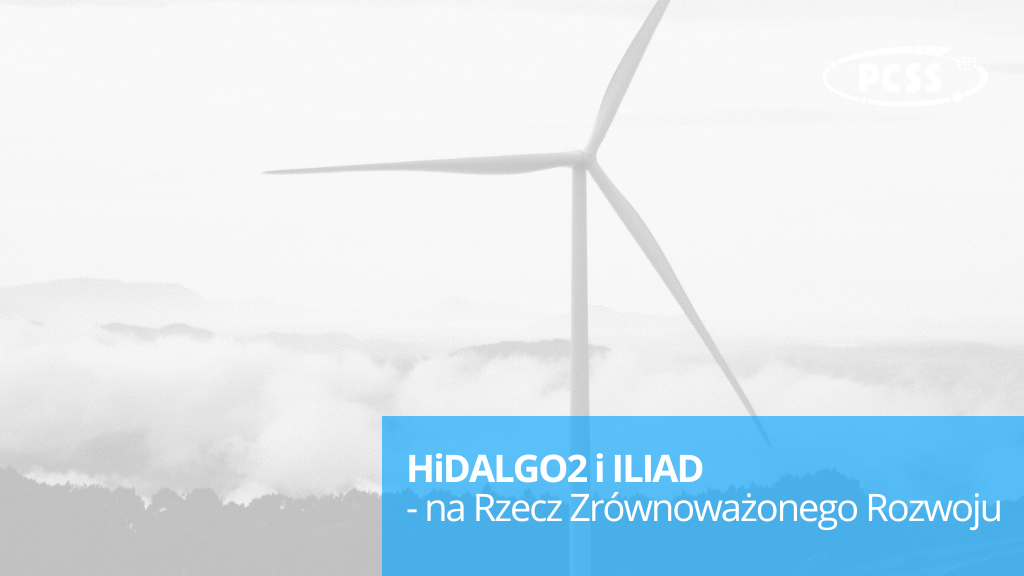

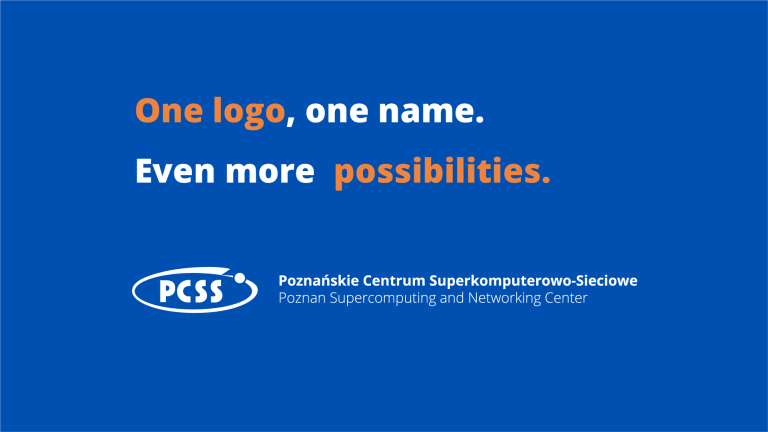
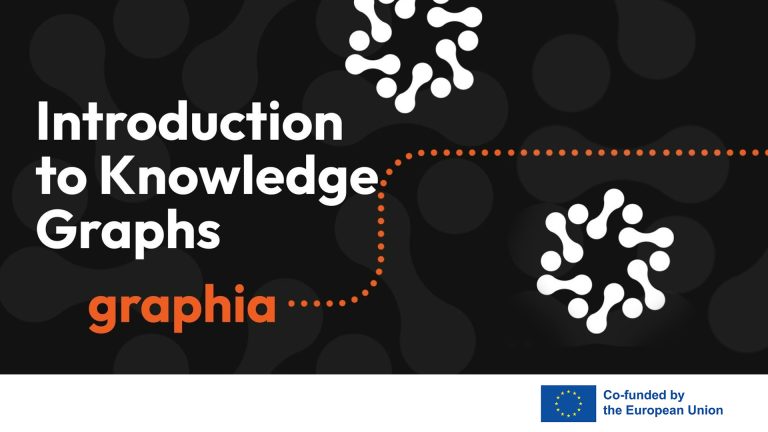
![The image displays the word "LUMEN" in a stylized, outlined font, with different letters connected by lines and arrows to various academic disciplines. The letters "L" and "U" on the left are linked to "Mathematics [Maths]" and "Social Sciences and Humanities [SSH]," while the letters "M," "E," and "N" on the right are associated with "Earth System Science [ESS]" and "Molecular Dynamics [MD]." The overall design suggests an interconnectedness of these fields, potentially illustrating the interdisciplinary nature of something represented by "LUMEN".](https://www.psnc.pl/files/2025/05/lumen2_EN-768x432.jpg)
